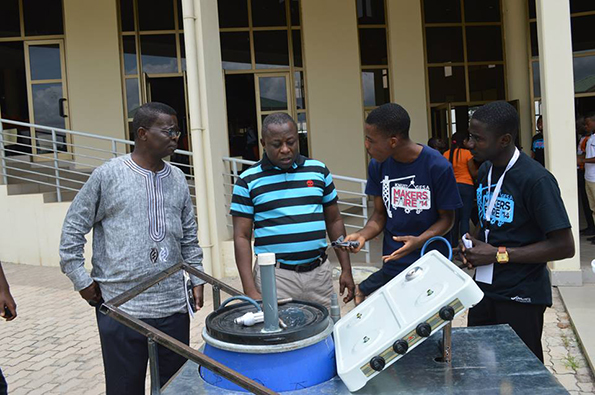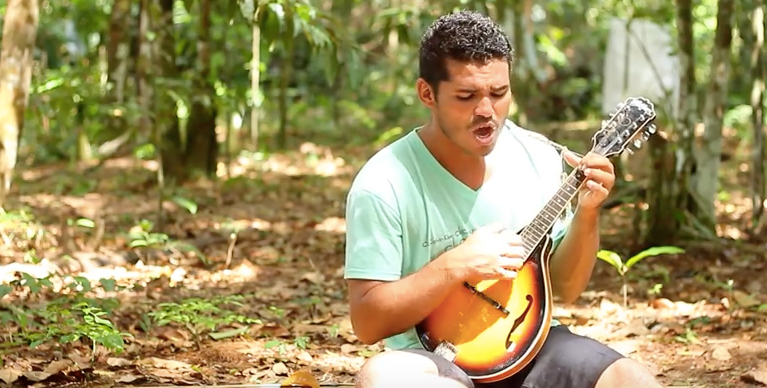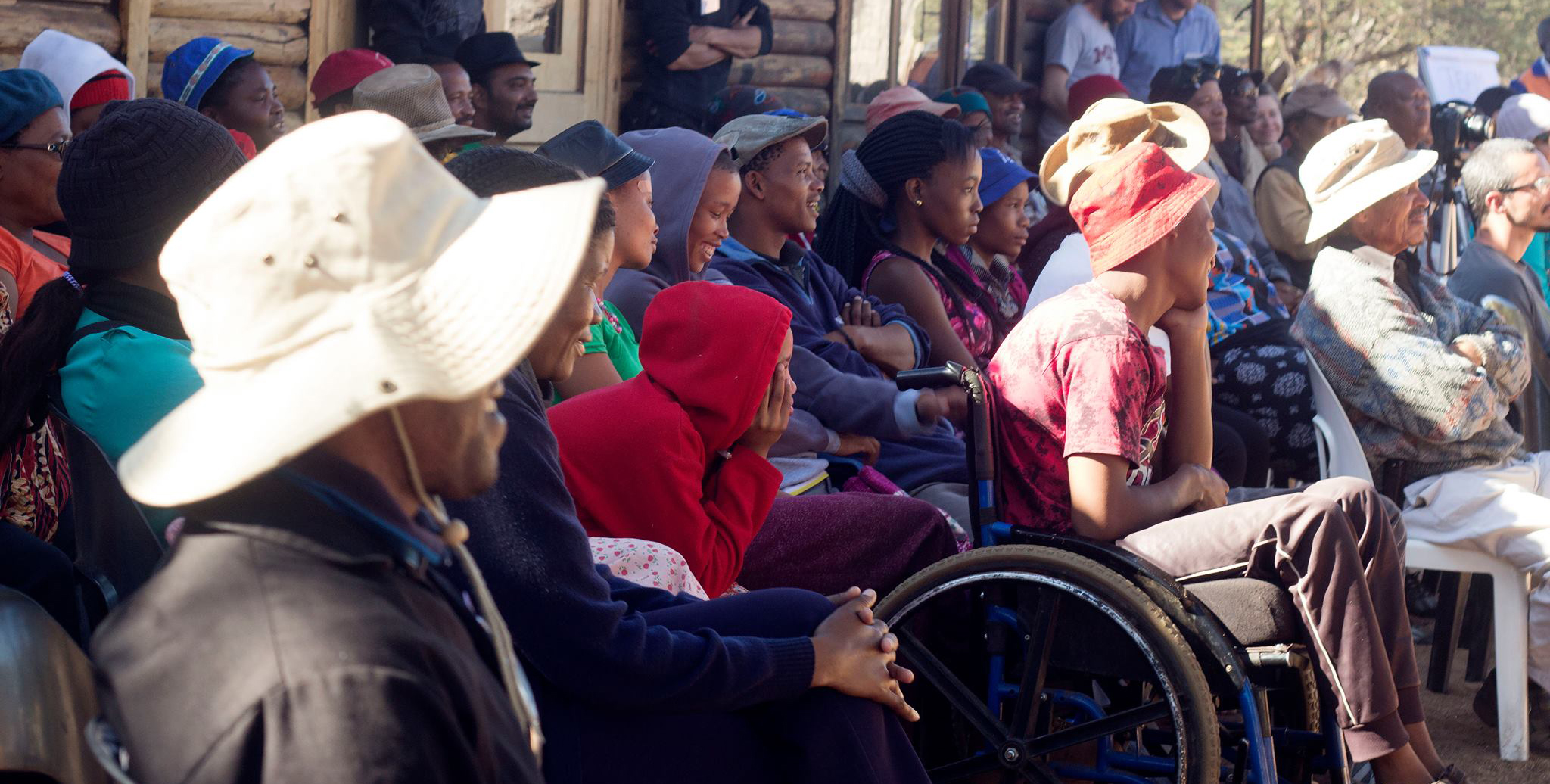IDIN Announces New Innovation Center Partner Grants

This week, IDIN is pleased to announce our latest round of innovation center partner grantees:
D’Kar Innovation Center in Botswana
Kafue Innovation Center in Zambia
Kumasi Hive in Ghana
Lang’ata Women’s Prison Innovation Center in Kenya
MakeWeMake in Nigeria
Make-i-Stan in Pakistan
Project DEFY Banjarapalya Makerspace in India
Rural Technology Lab in Nepal
IDIN innovation center partner grants allow us to explore and extend the impact of different models for maker and innovator spaces while supporting dynamic inventors, creators, and social entrepreneurs around the globe. The funding is intended to complement or expand existing center activity or to help centers get started over the next year.
In addition to funding, IDIN innovation center partners have access to mentorship, the support of an international innovation center working group, and promotion through the IDIN Network.
D’Kar Innovation Centre — D’Kar Botswana
The D’Kar Innovation Centre will be established in the same community hosting two of our International Development Design Summits in just one year: IDDS D’Kar held in August 2015, and IDDS Botswana to be held in summer 2016. Designed to help the local San community build and improve their livelihoods through the development of appropriate technologies and small businesses, the center is a natural continuation of the activities which began at the first design summit several months ago.
This initiative is led by IDIN Network member and IDDS organizer Thabiso Blak Mashaba and members of the IDIN D’Kar chapter who hope to provide access to tools, computers, training, and information sharing as a means of empowering local community members to create their own potential for employment and income generation.
Kafue Innovation Center — Kafue, Zambia
The Kafue Innovation Center is led by two IDIN Network members, Robert Shimaingo and Stephen Mvula, who provide design trainings and innovation education programming to secondary schools, farmers, fishers, and other community members along the Kafue River.
Robert and Stephen are also inventors themselves, working on several long-term projects, including an underwater water turbine to generate electricity for local fishers. This grant will enable Robert and Steven to purchase the equipment needed to reach a greater number of people with their ongoing design and skills trainings, such as metal fabrication, carpentry, and design of appropriate technology. This is Robert and Stephen’s second IDIN innovation center grant.
Kumasi Hive — Kumasi, Ghana
The Kumasi Hive is a new digital fabrication and maker space in Kumasi, Ghana, just outside of the Kwame Nkrumah University of Science and Technology (KNUST), one of IDIN’s academic partners. Founded by IDIN Network member, KNUST alumnus, and Creativity Group founder Jorge Appiah, the Kumasi Hive has just opened this month, offering coworking space and event space, and will soon be adding tools for and training in woodworking, electronics, metalworking, digital fabrication, and business and entrepreneurship to students and young entrepreneurs in the nearby area.
In past years, IDIN has supported Jorge and his collaborators’ successful efforts to organize annual Maker Faires at the university, as well as various themed hack-a-thons. This grant will enable the newly-established maker space to channel the energy from their past successful events into a longer-term sustainable program. Their goals include growing the center’s regular membership, acquiring new equipment to outfit their multi-room space, and developing curriculum for their new members.
Lang’ata Women’s Prison Innovation Center — Nairobi, Kenya
After inmates are released from prison, their transition back to day-to-day life is often very difficult. One of the steepest challenges for many former inmates is finding and sustaining employment. To address this challenge, IDIN Network member Aggrey Mokaya is creating an innovation center in Lang’ata Women’s Prison where inmates will be trained in coding and web design, marketable skills in Nairobi’s booming information technology industry.
Aggrey plans to work with two local IT solutions companies who have agreed to help develop the curriculum and share their expertise with the inmates free of charge. After the initial training, these companies will subcontract work to the trained inmates, and pay a fee that will be split between the inmate and the innovation center. This proposed model enables the inmates to generate income for themselves and their family, and the innovation center to reach more inmates moving forward.
MakeWeMake — Lagos, Nigeria
The team from ImpactLabs is in the process of finalizing plans for MakeWeMake, an innovation center that will build on the successful summer workshops that they have been running since 2014 to teach hands-on engineering and design education to youth in Lagos.
The MakeWeMake initiative is led by MIT PhD candidate Babatunde Alawode and is intended to provide a practical space and resources for young innovators in and around Lagos. The MakeWeMake team plans to offer a collaborative space for 3-D printing, electronics, woodworking, plastic working, and metal working in addition to providing classes on small-scale manufacturing at local universities. This grant will allow the team to purchase additional needed equipment and to establish their center as a go-to resource for creative and entrepreneurial students throughout Lagos.
Make-i-stan — Lahore, Pakistan
Based at Lahore’s Information Technology University, Make-i-stan is a new public maker space designed for engineering, computer science, and art students as well as local hardware startups and incubators. Make-i-stan plans to provide three main services: a public lab that provides constant access to tools and workspace, design trainings, and community building and ideation events.
This initiative is led by three co-founders: IDIN Network members Max Krüger and Mustafa Naseem, and electrical engineer and computer scientist Umar Shehzad. This grant will allow the team to procure and provide tools as well as workshops and trainings to their intended users. The center’s establishment is especially exciting as its co-founders and other IDIN Network members have just finished hosting our first-ever information and communications technology-themed design summit in Lahore.
Project DEFY Banjarapalya Makerspace — Bangalore, India
The Banjarapalya Makerspace is an open learning and making environment for a rural community about 30 kilometers from Bangalore. Founded by Abhijit Sinha, this innovation center caters primarily to young people and prides itself on a low-cost model in which a majority of its building and making materials are sourced by recycling waste from the local village.
This new grant will enable Abhijit and his team to bring a new entrepreneurship curriculum and focus to their space, supporting local makers to develop their ideas and prototypes into businesses or social enterprises. This means participants in the maker space programs will not only learn about problem identification, solution development, prototyping, and iteration, but also business planning, marketing, and small-scale distribution.
Rural Technology Lab— Palpa, Nepal
In Palpa, IDIN will renew support for the Rural Technology Lab, a collaborative community space with tools and resources for local community members to design and develop low-cost technology solutions in rural Nepal. This initiative is led by Nimesh Ghimere, a Nepalese undergraduate at Swarthmore College. This is the second IDIN innovation center partner grant to Nimesh and the Rural Technology Lab.
This grant will allow the Rural Technology Lab to test out some new programs and build local capacity of community members to create technologies themselves. Nimesh and his collaborators plan to organize short design summits, offer themed skills workshops, and bring additional expertise from around the globe to rural Nepal through short Skype consultations.
For the complete list of IDIN innovation center partners, please visit our innovation center page.






